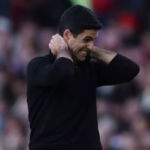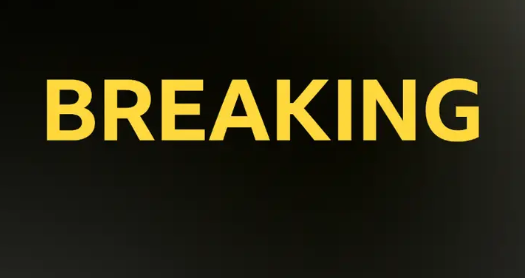As the summer transfer window enters its final stretch, Arsenal are once again making headlines. The North London club, fresh from their pre-season tour of Asia, have already made waves with the signings of Viktor Gyokeres and Cristhian Mosquera. But Mikel Arteta’s men aren’t done yet. Their latest target? Crystal Palace’s mercurial playmaker, Eberechi Eze.
Eze has blossomed into one of the Premier League’s most technically gifted and versatile attacking midfielders. With his ability to glide past players, pick a final pass, and finish with composure, he offers a complete package for any team chasing titles. Arsenal see him as a perfect addition to their evolving squad—someone who brings flair, intelligence, and Premier League experience.
What makes Arsenal’s pursuit of Eze particularly interesting is their deliberate strategy. Arteta and sporting director Edu have avoided paying his full £67.5 million release clause. Instead, they’ve entered into negotiations with Palace, aiming to structure a deal worth £50–60 million. Sources suggest Arsenal are willing to put up an initial payment of £35 million, with the rest paid in achievable performance-based add-ons.
The decision reflects Arsenal’s broader approach in recent windows—blending ambition with financial caution. In the age of Financial Fair Play, structured deals are not just smart business; they’re necessary. Arsenal are navigating these waters with increasing sophistication, managing to remain competitive while staying compliant.
Crystal Palace, meanwhile, aren’t in a rush to sell. The South London club value Eze’s influence both on and off the pitch. But they also recognise the financial and sporting benefits of a well-structured sale. A deal with Arsenal could allow Palace to strengthen multiple positions with the proceeds, especially with key departures expected this window.
From a tactical standpoint, Eze fits like a glove in Arteta’s dynamic system. His ability to operate in tight spaces, transition quickly between phases, and contribute both defensively and offensively makes him a potential game-changer. He would offer Arsenal an alternative to Martin Ødegaard or even partner him, giving the Gunners added unpredictability in the final third.
Arsenal struggled last season to break down deep defensive blocks, particularly in matches where their more predictable patterns were stifled. Eze’s flair, ball progression, and ability to beat a man could be the missing link in Arsenal’s creative puzzle. His inclusion would force opponents to stretch their defensive shape, opening up space for others like Saka, Martinelli, and Gyokeres.
In the context of recent deals, Eze’s projected transfer fee is competitive. When compared to players like Mohammed Kudus and Harvey Barnes, both of whom moved for similar amounts, Eze offers superior Premier League output and positional flexibility. Arsenal’s valuation, therefore, appears both fair and strategic.
Beyond the numbers, Eze’s signing would send a powerful message: Arsenal are not just building for the future—they’re ready to win now. It’s the type of marquee move that lifts a dressing room, energizes a fanbase, and adds vital depth for a season that will test the squad across four competitions.
Should the transfer materialize, all parties stand to benefit. Arsenal would land a top-tier talent, Palace would gain significant funds to reshape their squad, and Eze himself would take a step closer to fulfilling his immense potential on the biggest stages.
This deal, if completed, could be a defining moment in Arsenal’s modern rebuild. It’s not just about signing a player—it’s about reinforcing a vision. A vision of excellence, ambition, and sustainable success.








